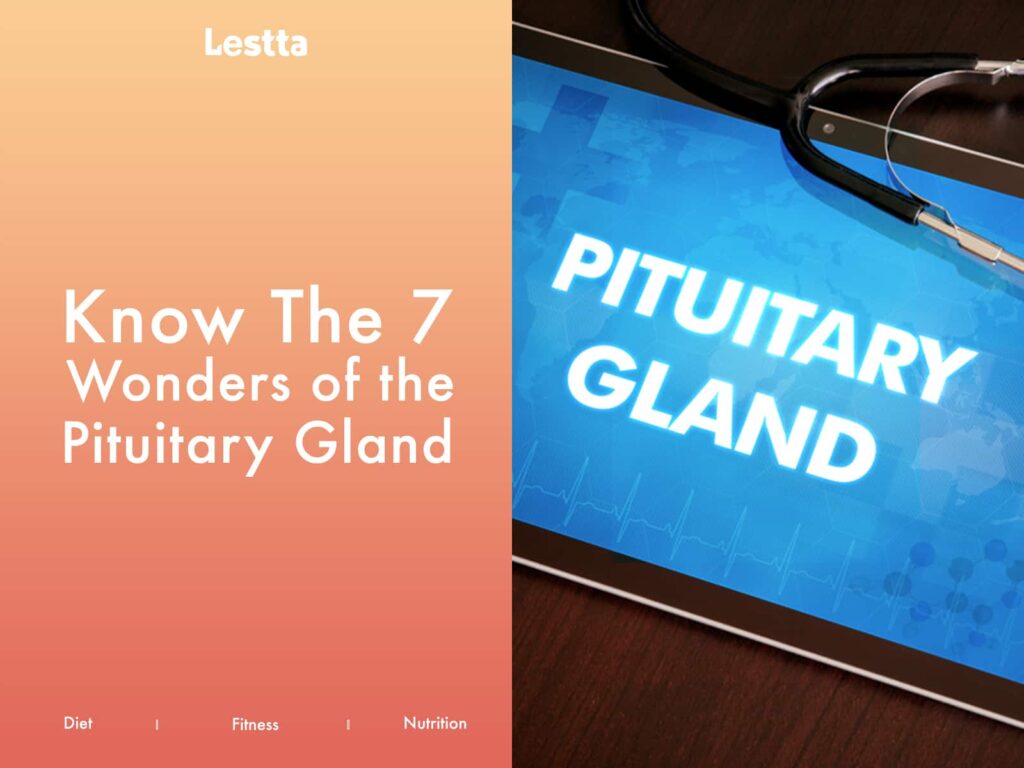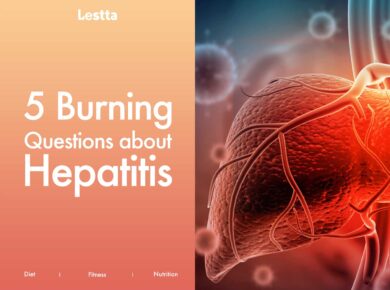
The pituitary gland, often referred to as the “master gland,” plays a crucial role in regulating various bodily functions. In this article, we will delve into the remarkable capabilities of this small but mighty gland. By understanding its seven wonders, you can appreciate its significance in maintaining overall health and well-being.
An Overview:
The pituitary gland, located at the base of the brain, is responsible for producing and releasing hormones that regulate numerous bodily processes. Let’s explore the seven wonders of this remarkable gland.
- Hormone Regulation: It produces and releases a range of hormones that control essential functions, including growth, metabolism, reproduction, and stress response. It acts as a key regulator of hormone balance in the body.
- Growth and Development: Through the secretion of growth hormone, the pituitary gland plays a vital role in stimulating growth and development during childhood and adolescence. It contributes to bone and muscle growth, organ development, and overall physical maturation.
- Thyroid Function: By producing thyroid-stimulating hormone (TSH), the pituitary gland influences the activity of the thyroid gland. TSH regulates the production of thyroid hormones, which are essential for metabolism, energy regulation, and maintaining body temperature.
- Reproductive Function: The pituitary gland releases follicle-stimulating hormone (FSH) and luteinizing hormone (LH) to regulate reproductive processes. FSH promotes egg maturation in females and sperm production in males, while LH triggers ovulation and stimulates testosterone production.
- Stress Response: Through the secretion of adrenocorticotropic hormone (ACTH), the pituitary gland plays a vital role in the body’s response to stress. ACTH stimulates the adrenal glands to release cortisol, which helps the body cope with stress and maintain homeostasis.
- Milk Production: In lactating women, the pituitary gland produces prolactin, a hormone that stimulates milk production in the mammary glands. This ensures an adequate milk supply for breastfeeding infants.
- Water Balance: The pituitary gland releases antidiuretic hormone (ADH), also known as vasopressin, which regulates water balance in the body. ADH acts on the kidneys to control the amount of water reabsorbed, thus influencing urine concentration and overall fluid balance.
Conclusion
Simply, this gland serves as the command center for hormone regulation and plays a pivotal role in maintaining optimal bodily functions. Its wonders include hormone regulation, growth and development, thyroid function, reproductive function, stress response, milk production, and water balance.
The intricate interplay of hormones produced by the it ensures the proper functioning of various body systems. Understanding the remarkable capabilities of this gland underscores its significance in overall health and well-being.









